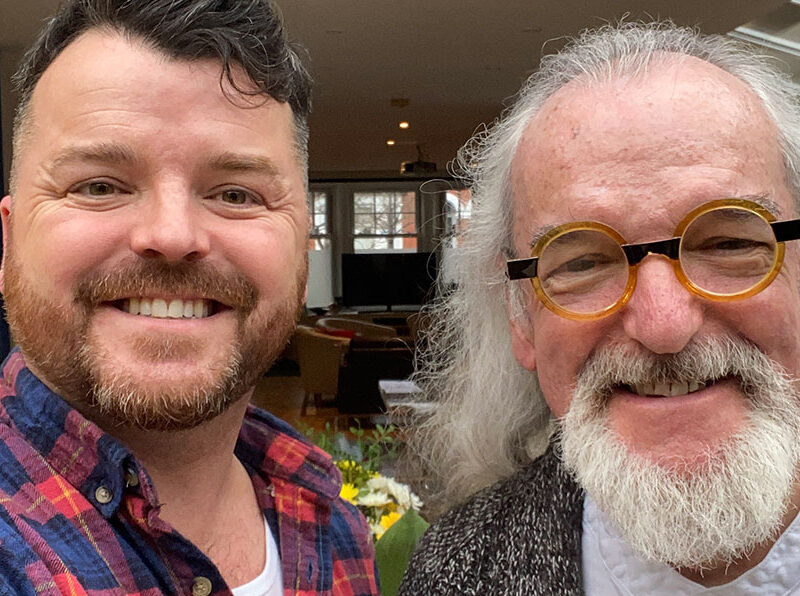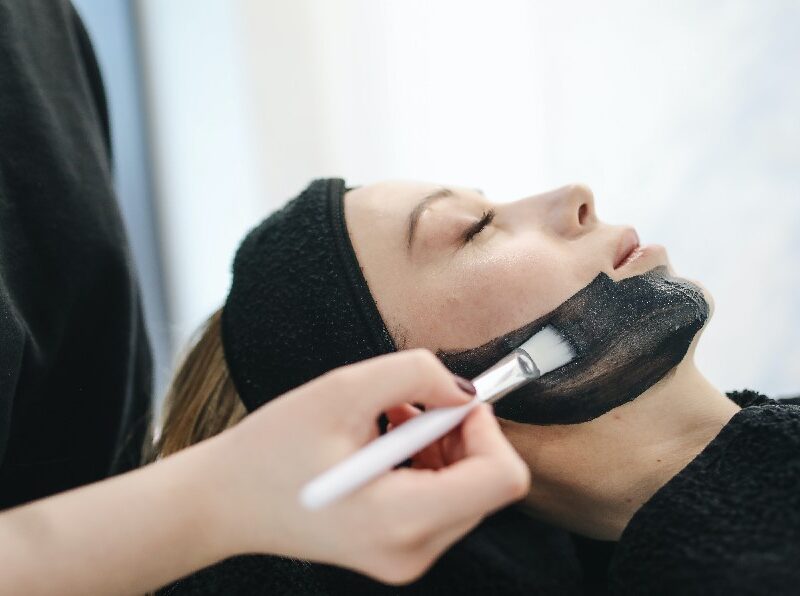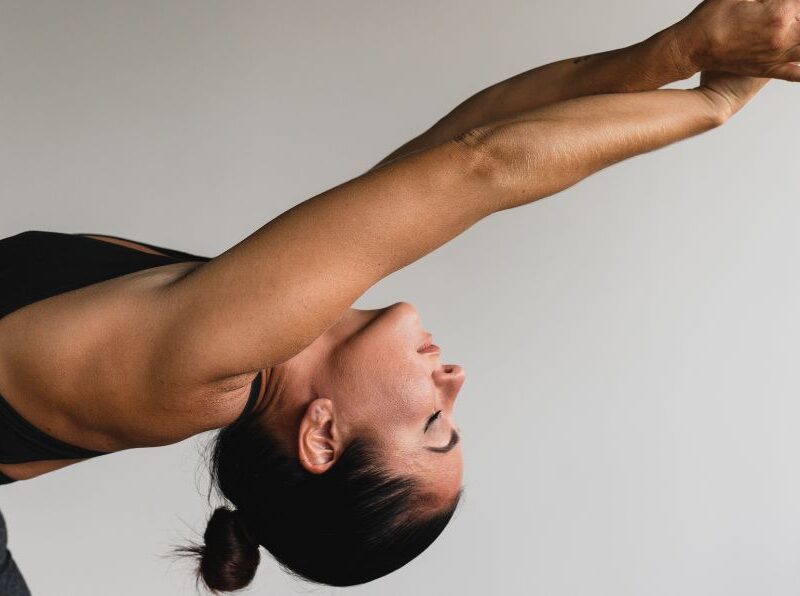
Menopause for Thought
We look at why we’re finally talking about what seems to be one of the last taboos.
It may be a natural part of the ageing process but, for some, it can mean many years of hell. Hot flushes, brain fog, and disturbed sleep are among the common complaints, with many women mortified by their often very public symptoms.
While the average age for menopause is 51 in the UK, there are many who undergo ‘the change’ much earlier, and with the perimenopause kicking in up to a decade before, that’s a huge number of women going through utterly distressing symptoms – with little in the way of acknowledgement that this is even a thing.
But this year, for the first time, attitudes seem to be changing. Books such as Andrea McClean’s Confessions of a Menopausal Woman have helped bring about a frank discussion on the reality of what half of the population will go through at some point. TV presenter, Andrea, 49, went through an early menopause after a hysterectomy. As well as her book, she is also supporting Holland & Barrett’s Me.No.Pause campaign, which aims to end the taboos on menopause. In May, BBC Breakfast spent a whole week focussing on the impact of menopause. Kathy Abernethy, chairman of the British Menopause Society and specialist at Coombe Menopause Clinic, notes that this wouldn’t have happened a few years ago: “Menopause was a secret, other than to those who certainly knew it was happening to them. It was hardly discussed between women, let alone in public and at work. This change has been driven by women, wanting menopause to be more widely understood and quite rightly treated as the natural life event it is.”
Norma Goldman, health promotion specialist and founder of The Menopause Exchange, says that the increase in interest is not just among women. “I have been giving presentations on the menopause to companies and organisations since 1999, but the increase in interest during the last year has been phenomenal. Men are attending to increase their knowledge and I now give additional presentations to managers, health and safety officers and others responsible for the wellbeing of employees.”
But there is still a long way to go. The British Menopause Society educates health professionals in all aspects of menopause, so they can provide accurate and personalised advice. Says Kathy: “Some GPs are really good at this, others need more education. I would like women to understand what happens at menopause, be aware of lifestyle and diet choices that might help and know the treatments available.”
“Hormone Replacement Therapy or HRT, the gold standard medical treatment for menopausal symptoms, is still surrounded by myths originating from studies nearly 20 years ago, despite more recent research debunking such myths.”
Alternative therapies are also proving popular, including the likes of cannabis oil, along with lifestyle changes that many women say can make a big difference. Says Norma: “Cut down on coffee, tea, cola drinks, spicy foods and those containing monosodium glutamate (MSG) as these can trigger hot flushes or make them worse.”
Adds Tamla Anderson, founder of Splendid Nutrition: “It’s important to be kind to your body in menopause. This means eating the right food, exercising and detoxification. Cruciferous vegetables like broccoli, Brussels sprouts, alfalfa and clover sprouts, kale, cauliflower and red cabbage are particularly helpful to balance hormones.”
The Institute for Optimum Nutrition has a course on 10 July (www.ion.ac.uk/event/nutrition-during-menopause-2019) on how certain foods and supplements can help. It seems that 2019 is something of breakthrough moment – we are moving beyond the taboo, and while it may be a part of ageing, it is clear that women are no longer prepared to accept the prejudice nor the symptoms that come with it.





